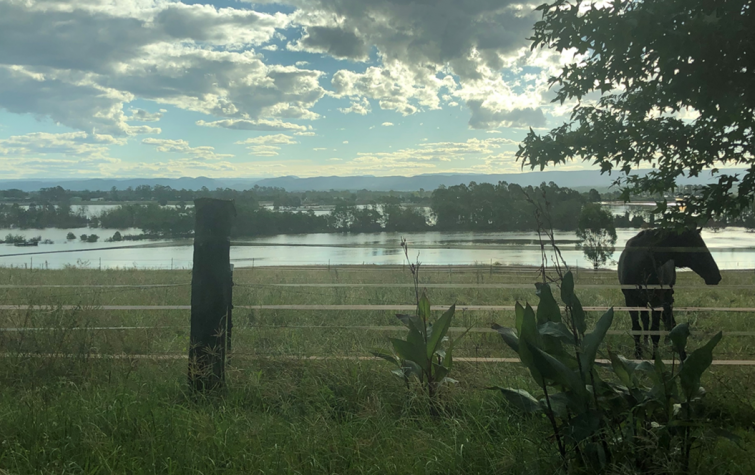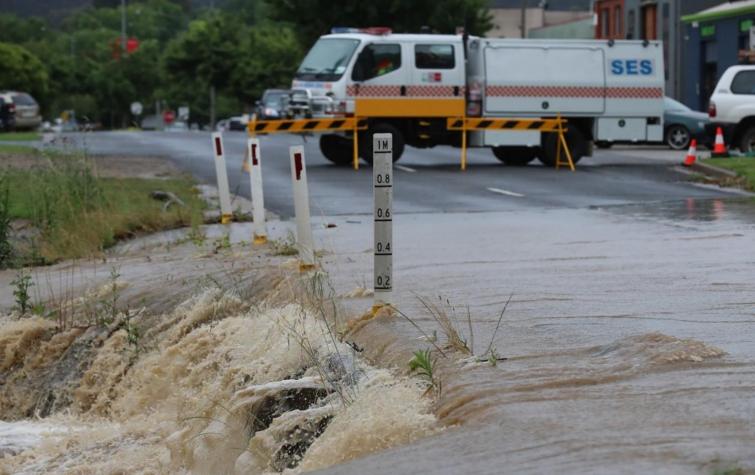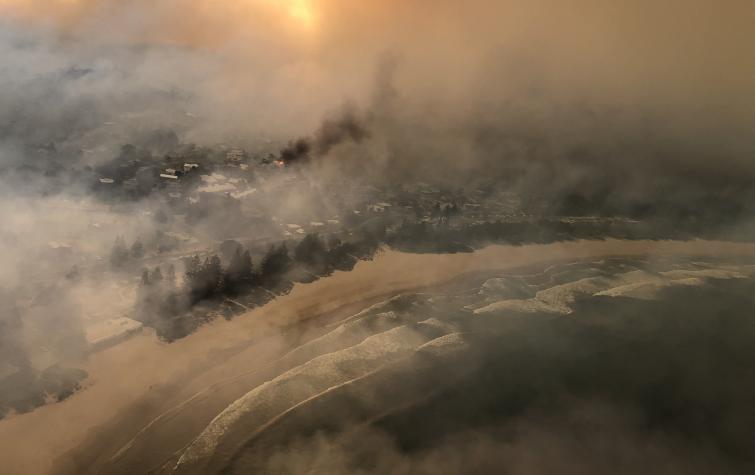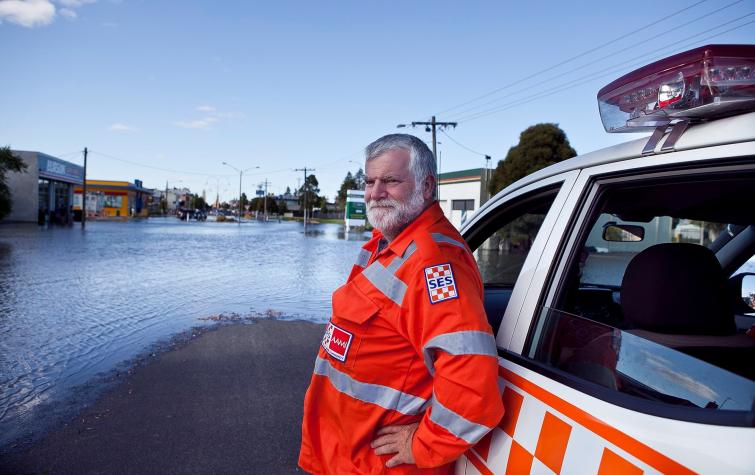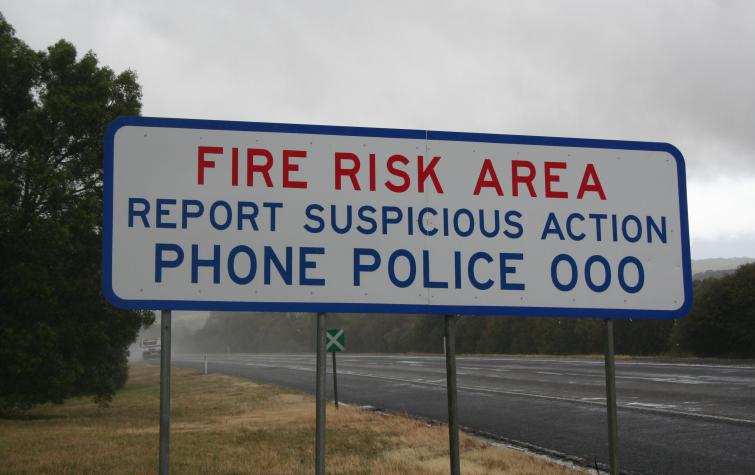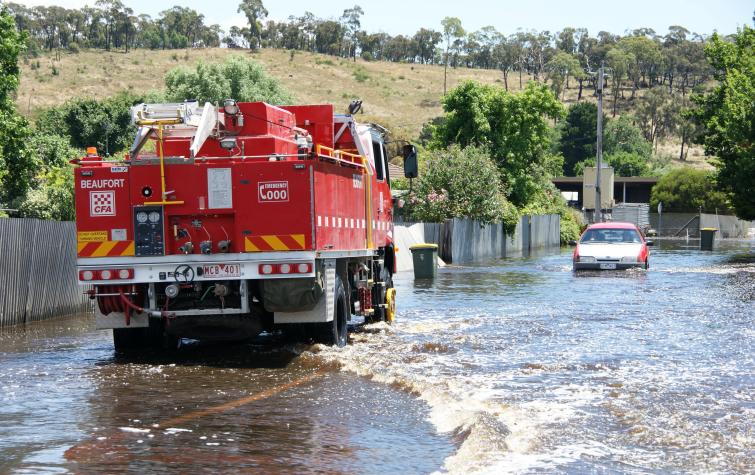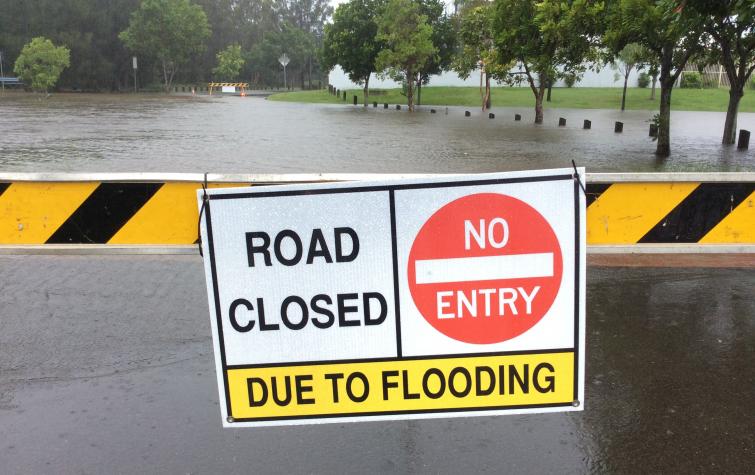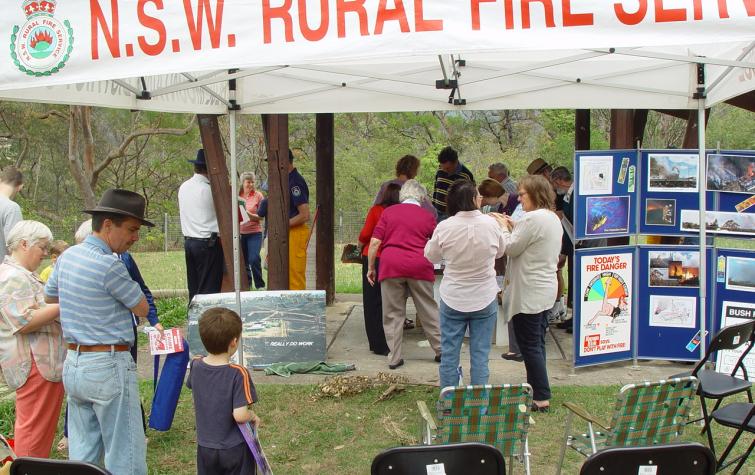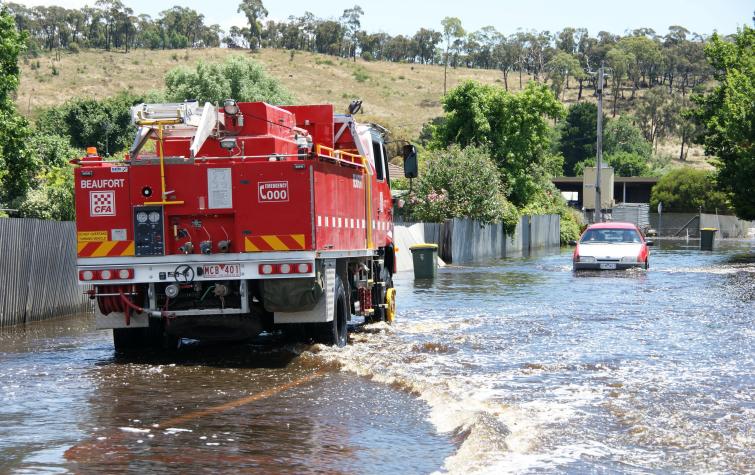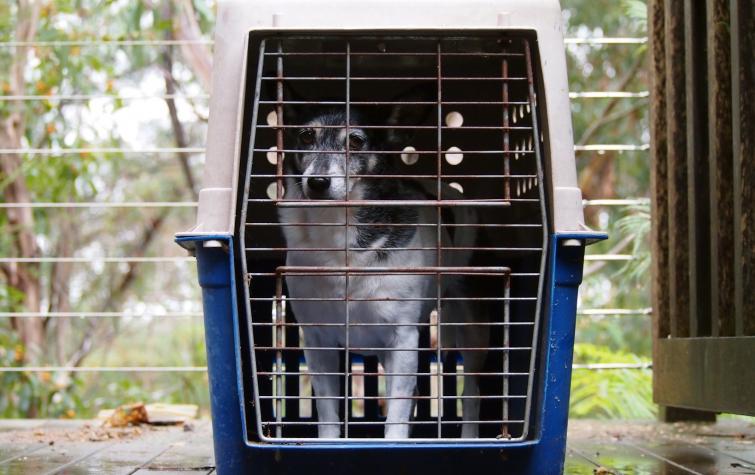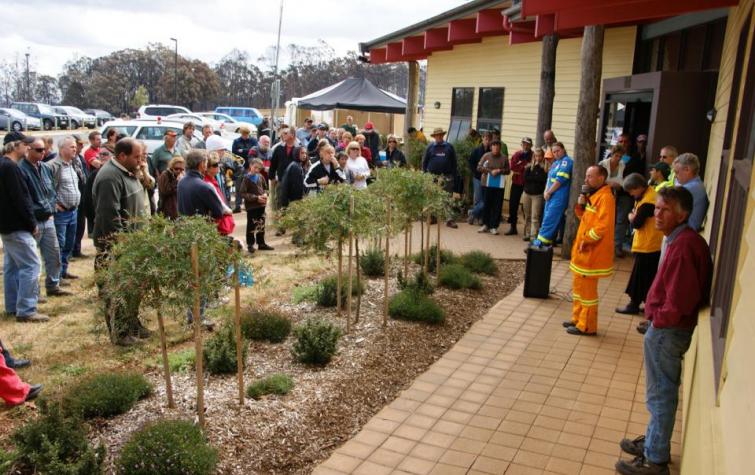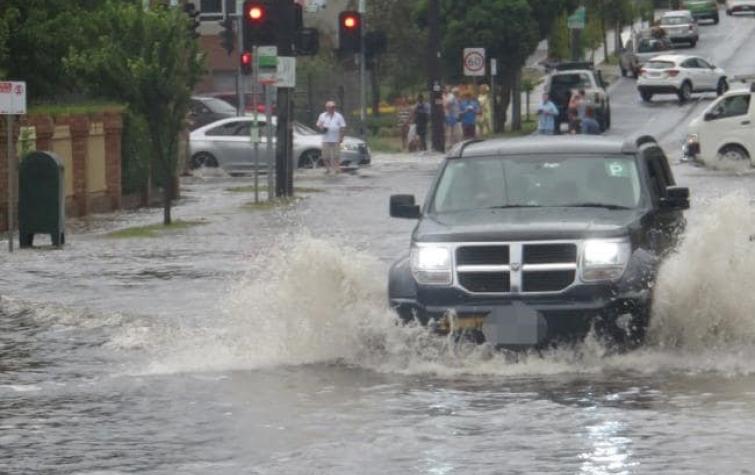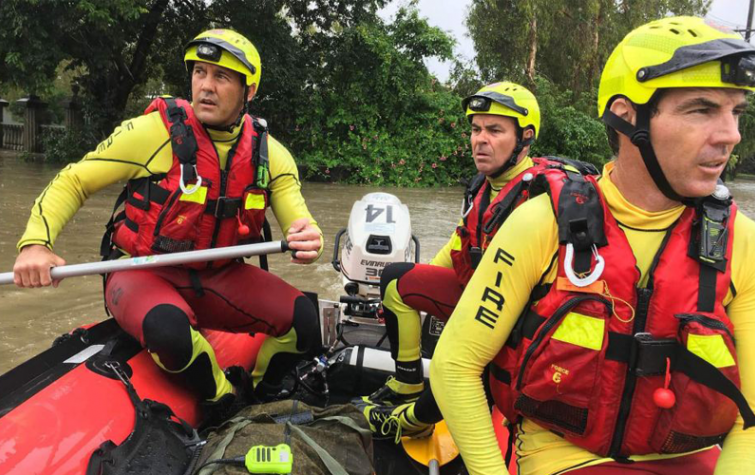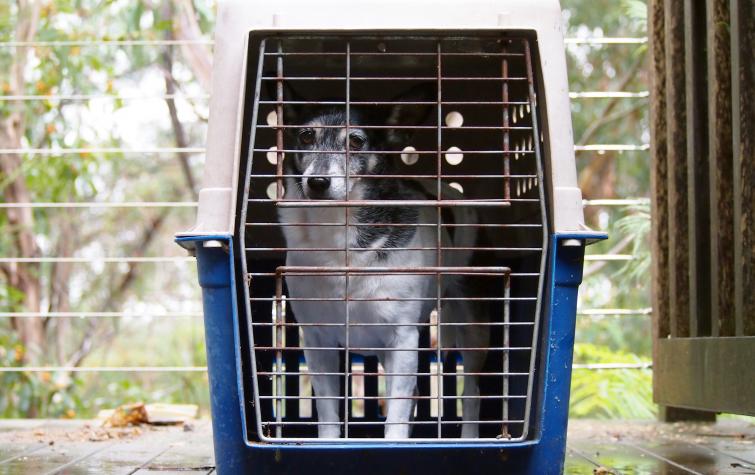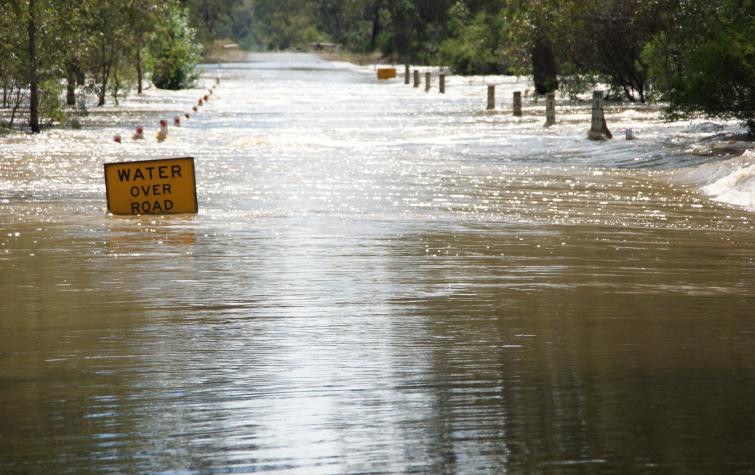Mel is an Occupational Psychologist at Macquarie University.
Prior to this, Mel was a member of the University of Western Sydney Disaster Response and Resilience Research Group. She joined UWS as a Senior Research Fellow in February 2007, following a 20 year career in Human Factors in the UK. Since joining UWS she has worked in the areas of psychosocial impacts of disasters and emergencies and related preparedness and response behaviour. Her work in these areas has spanned a range of threats that would generally be regarded as significant to national security, and usually fall into the category of low probability high consequence events. These include pandemic influenza, floods, terrorism (including CBRNE terrorism), radiological and nuclear incidents or accidents, and emergency animal diseases (EAD), such as equine influenza, ovine Johne's disease, and Hendra virus. Her work includes public and emergency responder preparedness, actual or anticipated response, and psychosocial recovery and resilience in the context of these events.
Mel's current interests centre on emergency and disaster preparedness and protective responses, for example uptake of vaccination, compliance with public health and animal health recommendations, and animal health and biosecurity practices. During the last twelve months Mel has studied the impacts of risk communication and risk messaging on anticipated response to Chemical, Biological, Radiological, Nuclear and Explosive (CBRNE) terrorism, the use of social media for emergency information synthesis and as a source of psychological first aid during the floods and cyclone Yasi in 2011, and the animal health management practices of Australian sheep producers and the role of livestock agents in influencing sheep producer behaviours.In collaboration with researchers at the University of Sydney Faculty of Veterinary Science she has also been involved in research on veterinarians' risk perceptions and infection control practices to zoonoses, and horse owner biosecurity practices and perceptions of the response to the 2007 outbreak of equine influenza in Australia.
In 2012 Mel is working on an ARC funded Discovery project with the University of Queensland investigating resilience in Brisbane communities following the 2011 floods, and she is leading a three year research project funded through the Rural Industries Research and Development Corporation (RIRDC) from the National Hendra Virus Research Program. This project (HHALTER) will follow a large national cohort of horse owners to investigate their knowledge, attitudes, and biosecurity practices in relation to Hendra virus and to investigate their attitudes to the national response, including uptake of vaccination, in the context of this dynamic threat.
During her career in the UK Mel specialised in the optimization of human performance. She has been involved in the assessment of human performance and human error in safety-critical systems, e.g. aviation, military operations, and she has experience in using a wide range of research methodologies. Many projects investigated human performance and limitations in stressful environments, or in the presence of stressors; such as sleep deprivation, shift-work, sustained operations, noise, hypoxia, team conflicts, uncertainty, and psychological over- and under- arousal.
Blog posts on Views & Visions
Project leadership
During a disaster responsibility for animals lies with the owner. However, owners are often ill-prepared for themselves and their animals, which can lead to people risking their lives by failing to evacuate or evacuating too late, which endangers both human and animal lives. This recognition that animals need to be considered and integrated into emergency management and disaster preparedness, response, and recovery poses additional challenges for traditional responding. Extra preparation, knowledge and skills are required to ensure the safety of animals, their owners, and responders.
In this context, animal emergency management has emerged as a relatively new area, with a more complex and often less experienced set of stakeholders requiring integration and coordination.
This study addressed the lack of Australian research by identifying challenges for end-users and studying the disaster experiences of animal owners and responders. Subsequent publications have led to an extended knowledge base, and identification of best practice approaches.
Supervisory roles
Research team
| Type | Project | Research team |
|---|---|---|
| Commissioned Research | 2017 NSW post-incident task force | mtaylor |
| Commissioned Research | 2018 Reedy Swamp fire post-incident task force | khaynes, mtofa, cwilkinson, mtaylor |



